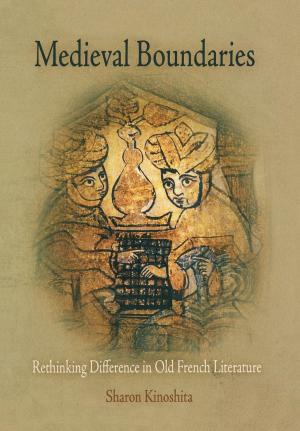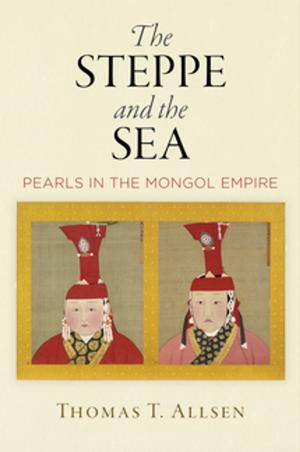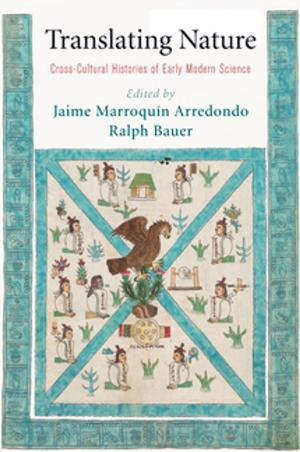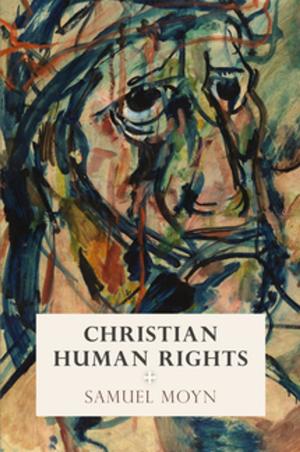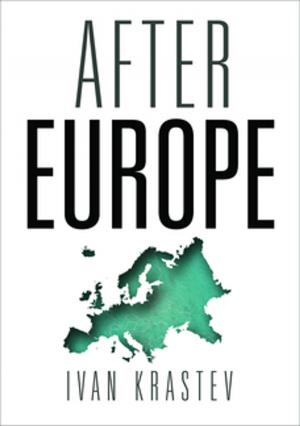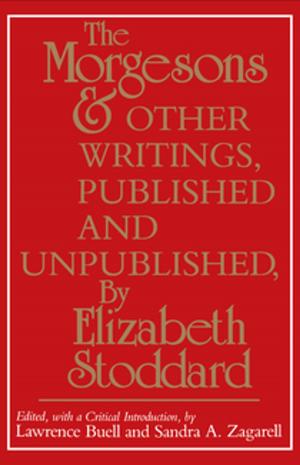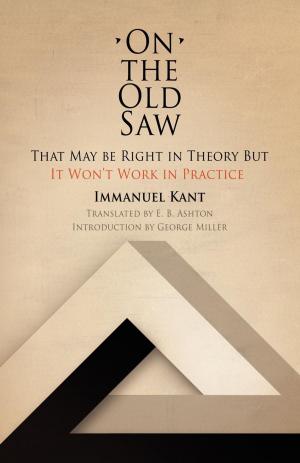Imperial Medicine
Patrick Manson and the Conquest of Tropical Disease
Nonfiction, Health & Well Being, Medical, Reference, History, British| Author: | Douglas M. Haynes | ISBN: | 9780812202212 |
| Publisher: | University of Pennsylvania Press, Inc. | Publication: | March 1, 2013 |
| Imprint: | University of Pennsylvania Press | Language: | English |
| Author: | Douglas M. Haynes |
| ISBN: | 9780812202212 |
| Publisher: | University of Pennsylvania Press, Inc. |
| Publication: | March 1, 2013 |
| Imprint: | University of Pennsylvania Press |
| Language: | English |
In 1866 Patrick Manson, a young Scottish doctor fresh from medical school, left London to launch his career in China as a port surgeon for the Imperial Chinese Customs Service. For the next two decades, he served in this outpost of British power in the Far East, and extended the frontiers of British medicine. In 1899, at the twilight of his career and as the British Empire approached its zenith, he founded the London School of Tropical Medicine. For these contributions Manson would later be called the "father of British tropical medicine."
In Imperial Medicine: Patrick Manson and the Conquest of Tropical Disease Douglas M. Haynes uses Manson's career to explore the role of British imperialism in the making of Victorian medicine and science. He challenges the categories of "home" and "empire" that have long informed accounts of British medicine and science, revealing a vastly more dynamic, dialectical relationship between the imperial metropole and periphery than has previously been recognized. Manson's decision to launch his career in China was no accident; the empire provided a critical source of career opportunities for a chronically overcrowded profession in Britain. And Manson used the London media's interest in the empire to advance his scientific agenda, including the discovery of the transmission of malaria in 1898, which he portrayed as British science.
The empire not only created a demand for practitioners but also enhanced the presence of British medicine throughout the world. Haynes documents how the empire subsidized research science at the London School of Tropical Medicine and elsewhere in Britain in the early twentieth century. By illuminating the historical enmeshment of Victorian medicine and science in Britain's imperial project, Imperial Medicine identifies the present-day privileged distribution of specialist knowledge about disease with the lingering consequences of European imperialism.
In 1866 Patrick Manson, a young Scottish doctor fresh from medical school, left London to launch his career in China as a port surgeon for the Imperial Chinese Customs Service. For the next two decades, he served in this outpost of British power in the Far East, and extended the frontiers of British medicine. In 1899, at the twilight of his career and as the British Empire approached its zenith, he founded the London School of Tropical Medicine. For these contributions Manson would later be called the "father of British tropical medicine."
In Imperial Medicine: Patrick Manson and the Conquest of Tropical Disease Douglas M. Haynes uses Manson's career to explore the role of British imperialism in the making of Victorian medicine and science. He challenges the categories of "home" and "empire" that have long informed accounts of British medicine and science, revealing a vastly more dynamic, dialectical relationship between the imperial metropole and periphery than has previously been recognized. Manson's decision to launch his career in China was no accident; the empire provided a critical source of career opportunities for a chronically overcrowded profession in Britain. And Manson used the London media's interest in the empire to advance his scientific agenda, including the discovery of the transmission of malaria in 1898, which he portrayed as British science.
The empire not only created a demand for practitioners but also enhanced the presence of British medicine throughout the world. Haynes documents how the empire subsidized research science at the London School of Tropical Medicine and elsewhere in Britain in the early twentieth century. By illuminating the historical enmeshment of Victorian medicine and science in Britain's imperial project, Imperial Medicine identifies the present-day privileged distribution of specialist knowledge about disease with the lingering consequences of European imperialism.


